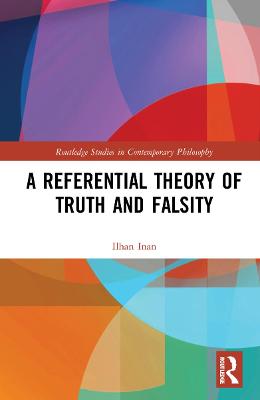Routledge Studies in Contemporary Philosophy
2 total works
In this book, Ilhan Inan questions the classical definition of curiosity as a desire to know. Working in an area where epistemology and philosophy of language overlap, Inan forges a link between our ability to become aware of our ignorance and our linguistic aptitude to construct terms referring to things unknown.
The book introduces the notion of inostensible reference (or reference to the unknown). Ilhan connects this notion to related concepts in philosophy of language: knowledge by acquaintance and knowledge by description; the referential and the attributive uses of definite descriptions; the de re/de dicto distinction; and Kripke's distinction between rigid and accidental designators.
Continuing with a discussion of the conditions for curiosity and its satisfaction, Inan argues that the learning process-starting in curiosity and ending in knowledge-is always an effort to transform our inostensible terms into ostensible ones. A contextual account is adopted for the satisfaction of curiosity. It then discusses the conditions of successful reference to the object of curiosity and its presuppositions. The book concludes with a discussion on the limits of curiosity and its satisfaction.
This book proposes a novel theory of truth and falsity. It argues that truth is a form of reference and falsity is a form of reference failure.
Most of the philosophical literature on truth concentrates on certain ontological and epistemic problems. This book focuses instead on language. By utilizing the Fregean idea that sentences are singular referring expressions, the author develops novel connections between the philosophical study of truth and falsity and the huge literature in in the philosophy of language on the notion of reference. The first part of the book constructs the author's theory and argues for it in length. Part II addresses the ways in which the theory relates to, and is different from, some of the basic theories of truth. Part III takes up how to account for the truth of sentences with logical operators and quantifiers. Finally, Part IV discusses the applications and implications of the theory for longstanding problems in philosophy of language, metaphysics, and epistemology.
A Referential Theory of Truth and Falsity will appeal to researchers and advanced students working in philosophy of language, epistemology, metaphysics, and linguistics.

